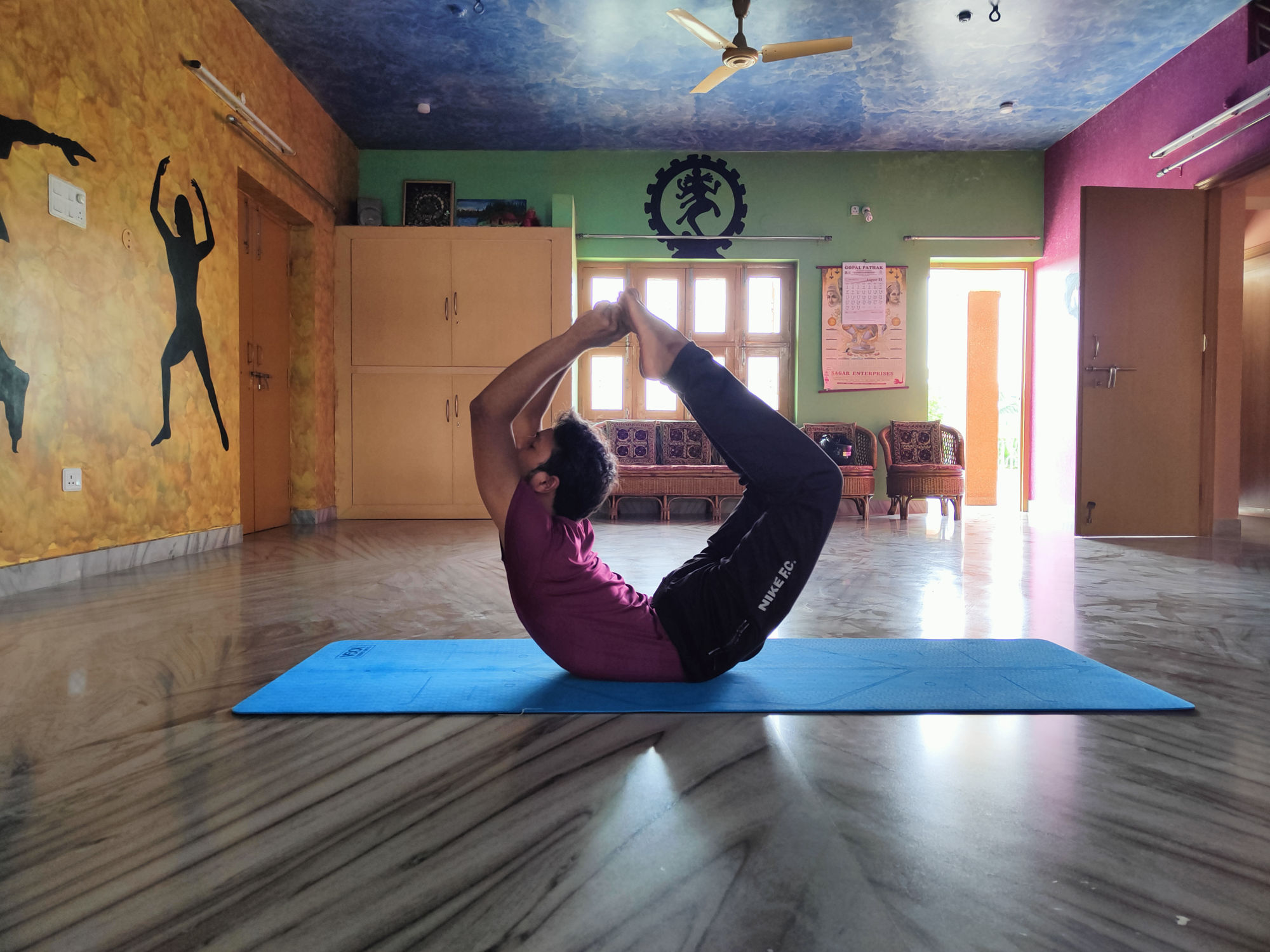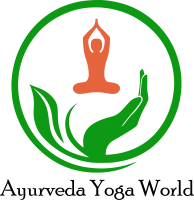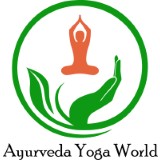
Therapeutic Approaches through Yoga and Enhancement of Antioxidant through Yoga
Author : Rishi Ranjan (RYT 200, PGDY, IYEC, Masters in Yogic Science)
https://www.ayurvedayogaworld.com/listing/rishi-yoga-in-ranchi-india/
Abstract :
Yoga and modern medicine are not exclusive, but complementary systems. Their combination can provide us with a holistic health care. While modern medicine has a lot to offer mankind in its treatment and management of acute illnesses and emergency conditions, yoga offers services in terms of preventive, promotive, and rehabilitative methods in addition to many management methods to tackle modern illnesses. Several published studies have demonstrated the health benefits of yoga. Regular practice of yoga has shown significant improvement in cardiovascular risk factors such as hypertension, diabetes, hyperlipidemia, obesity, metabolic syndrome, and psychological stress. In view of the existing knowledge, yoga is a cost-effective and beneficial supportive/adjunct treatment without side effects. There is a favorable atmosphere for integration of alternate medical systems in resource-strained public health systems.
Key Words: Lifestyle disorders, stress, yoga.
Introduction :
Yoga is gradually being welcomed into modern health care systems as an understanding of its multifarious benefits is gaining worldwide. In our haste to have it accepted into the mainstream medicare , we must not however forget that Yoga is first and foremost a spiritual science for the integrated, holistic development of the physical, mental and spiritual aspects of our being.
EFFECTS OF YOGA
1. Sedative Effect of Yoga :
Yoga therapy has beneficial effects on the nervous system, and the brain. Certain yoga asanas like pawanmuktasana series increase the blood supply to the sleep centre in the brain and so that they normalize the sleep cycle. Yoga will induce sleep sooner and improve the quality of the sleep. Yoga therapy will provide a more restful sleep because of its relaxing aspect and the subsequent relieving of stress, tension and fatigue. The practice of breathing allows the uptake of more oxygen in the body, thus providing clarity of the mind.
2. Homeostatic Effect of Yoga :
Homeostasis is the name given to the balanced/optimum state of the parameters of the internal human body necessary for its healthy and longer existence. The body is programmed to resist any change internally triggered by changes in the external factors.
A number of yoga asanas and Yoga exercises are available which benefit by effectively restoring the homeostatic balance in the body. Yoga asanas, pranayamas, mudras and yoga kriyas affect homeostasis in the body by stimulating the endocrine glands to release adequate amounts of respective hormones at the required sites. All the yoga twists, forward bends, and lateral stretches work to churn up the abdominal region which stimulates the pancreas enough to release the required amounts of insulin into the bloodstream.
3. Tranquilizer effect of Yoga :
Yoga-Nidra is the state of conscious sleeping. Different steps involved in yoganidra have their own effect on mental as well as physical health of the practitioners. The practice of yoga-nidra has shown changes in the functioning of hypothalamus that leads to reduced sympathetic activation and increased parasympathetic activities which are responsible for the body’s relaxation. Reduction in parasympathetic system reduces the release of stress hormone, making an individual feel more composed and stable. These soothing effects as the result of practice of yoga-nidra help in controlling and managing our emotions and thereby reducing emotional pain and work as natural tranquilizer.
4. The therapeutic value of yoga in neurological disorders :
Numerous studies have been performed to validate the use of yoga as a complementary alternative treatment modality in various neurological disorders. like Elipsy , Stroke Prevention & Rehabilitation , Multiple Sclerosis , Alzheimer’s Disease , Peripheral Nervous System Disorder etc.
Antioxidant effect of Yoga :
Yoga raised the level of natural antioxidants in the body and strengthened the immune system. Antioxidants neutralize free radicals in the body and come in many forms: vitamin C, vitamin E, beta-carotene, and minerals like selenium and manganese. The list of antioxidants is long and diverse, including proteins, enzymes, and compounds like glutathione, coenzyme Q10, lipoic acid, flavonoids, phenols, polyphenols, and phytoestrogens.
Our bodies have natural antioxidant defense systems that combat oxidative stress. Yoga increased these natural antioxidants in the body, including higher levels of the protein glutathione and an enzyme called glutathione peroxidase. Glutathione levels went up for both the yoga and regular exercise groups, but much more so in the yoga group: Yoga more than doubled the presence of the natural antioxidant protein glutathione in the body.
Yoga also strengthens the immune system. Your immune system has many important players, including defense proteins called cytokines. The 12-week study found that yoga was linked with higher levels of important cytokines that are responsible for keeping your immune system strong. This supports ongoing studies that show yoga not only reduces stress on the body but also makes your immune system stronger.
Conclusion :
Yoga improves physical, mental, intellectual and spiritual well being and offers a powerful strategy to diminish stress, anxiety and depression. It likewise triggers neurohormonal components that achieve medical advantages, confirmed by the concealment of sympathetic activity. Yoga ought to be considered as a complementary therapy or alternative method for medical therapy in the treatment of stress, anxiety, depression, and other mood disorders as it has been shown to create a greater sense of well-being, increase feelings of relaxation, improve self-confidence and body image, improve efficiency, better interpersonal relationships, increase attentiveness, lower irritability, and encourage an optimistic outlook on life. Yoga instructs us to back off, quieten our brains and associate with our internal identities which eventually encourage us to assuage us from the weights and stressors of this advanced distressing life.







